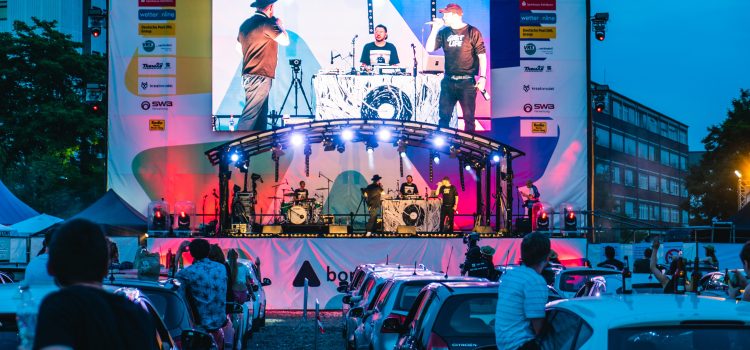
Introduction: In recent years, the entertainment industry has experienced a significant shift in its approach to inclusivity. Once characterized by a lack of diverse voices and limited representation, the industry has now begun to embrace the importance of reflecting the true diversity of our society. From films to television shows, music to literature, this article delves into the journey from representation to empowerment in various entertainment genres.
- The Evolution of Diversity in Film: The silver screen has played a pivotal role in shaping cultural narratives, and its evolution toward inclusivity has been both remarkable and necessary. We explore how filmmakers have moved beyond tokenism to create complex and authentic characters that challenge stereotypes. We discuss groundbreaking films that have paved the way for underrepresented communities and examine the impact of inclusive storytelling on audience perceptions.
- Television’s Trailblazing Transformation: Television has experienced a renaissance of diversity, with shows that authentically depict a range of backgrounds and experiences. We analyze how series like “Pose,” “Orange Is the New Black,” and “Brooklyn Nine-Nine” have pushed the boundaries of representation, fostering empathy and understanding among viewers. We also delve into the increasing number of diverse showrunners and writers who are reshaping the industry from within.
- Music’s Harmonious Melting Pot: The music industry has long been a platform for artists to express their unique identities, but it has not always been an inclusive space. We highlight how musicians from marginalized communities are reclaiming their narratives and finding empowerment through their art. From hip-hop to country, we examine how diverse voices are challenging stereotypes and reshaping genres to reflect a more inclusive society.
- Literature’s Diverse Narratives: Books have the power to transport readers to different worlds and perspectives, making diversity in literature a vital component of inclusive storytelling. We explore how authors from marginalized communities are breaking barriers and providing a platform for underrepresented voices. From contemporary novels to classic literature, we showcase works that champion inclusivity and discuss the importance of diverse publishing houses.
- Gaming’s Path to Inclusion: The gaming industry has often faced criticism for its lack of representation, but change is underway. We investigate how developers are creating diverse and relatable characters that resonate with players, fostering a sense of empowerment and belonging. We also examine the rise of indie games that challenge traditional narratives and the efforts to make gaming communities more inclusive and welcoming.
Conclusion: As the entertainment industry continues to evolve, the journey from representation to empowerment remains an ongoing process. Through diverse narratives, inclusive casting, and behind-the-scenes opportunities, various entertainment genres are becoming powerful tools for fostering empathy, understanding, and empowerment. By exploring the successes and challenges within film, television, music, literature, and gaming, we can celebrate the progress made while acknowledging the work that lies ahead in creating a truly inclusive and equitable cultural landscape.










